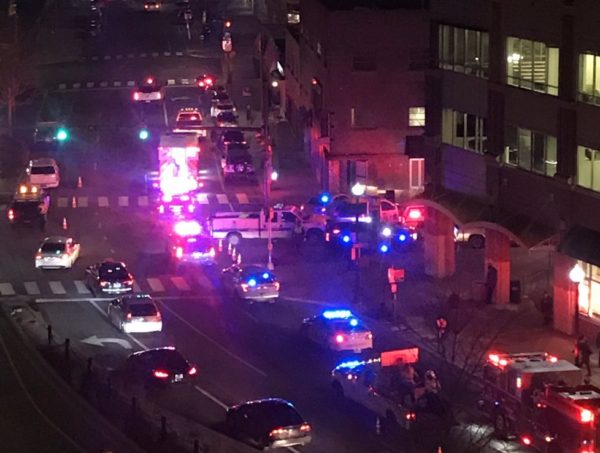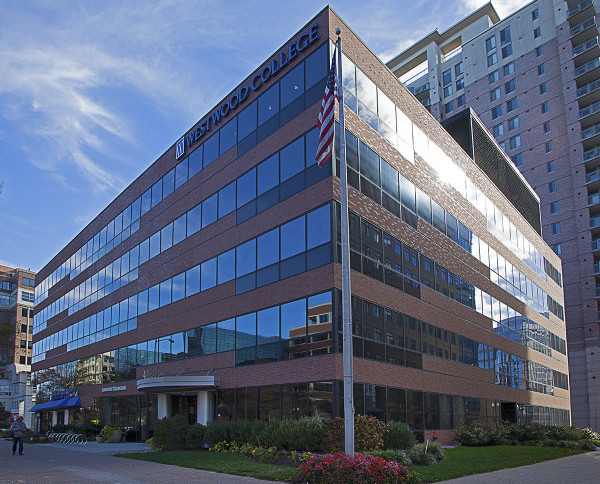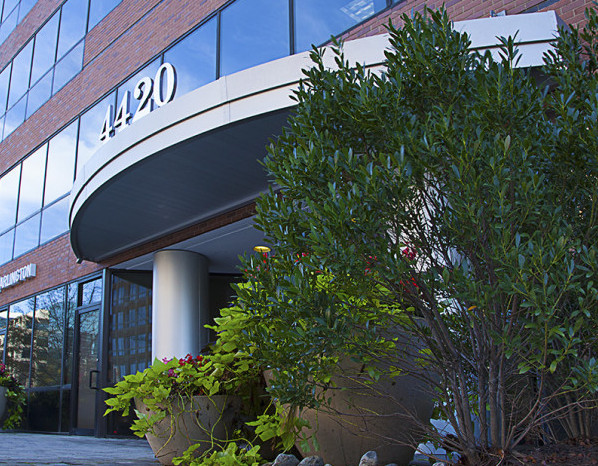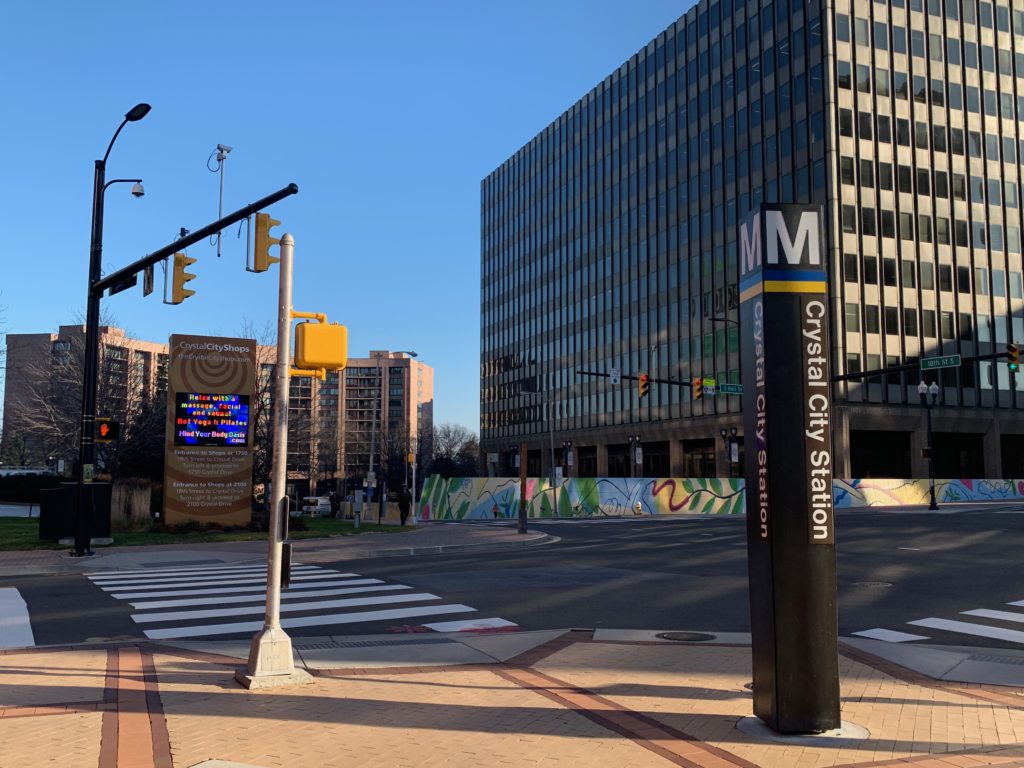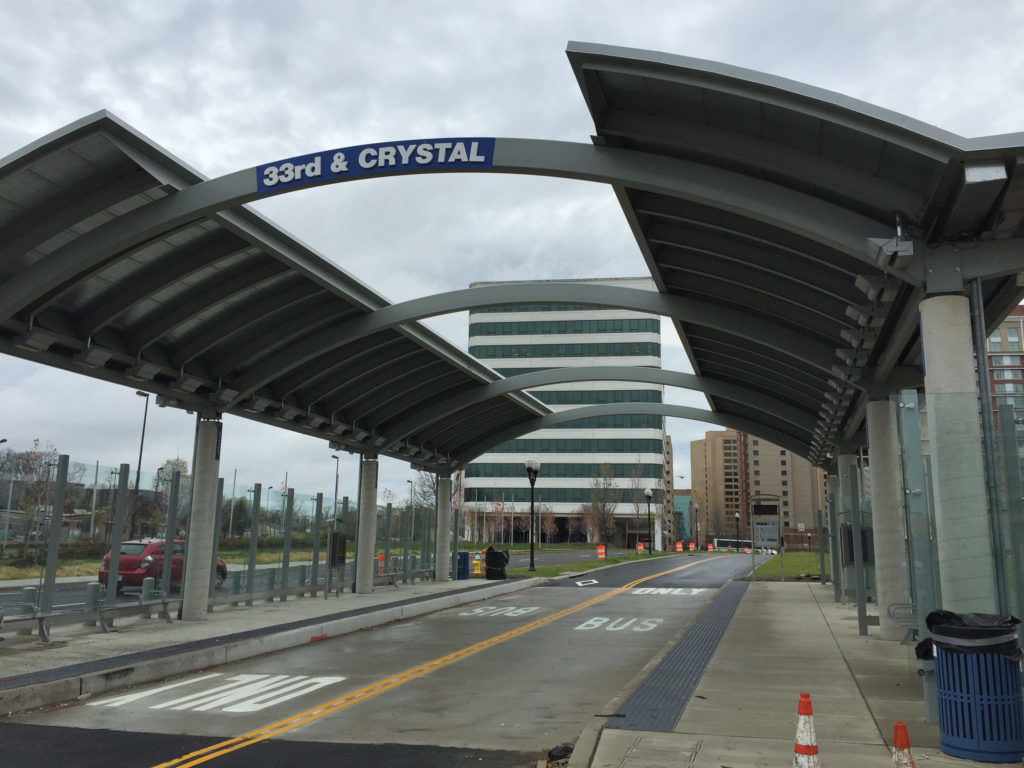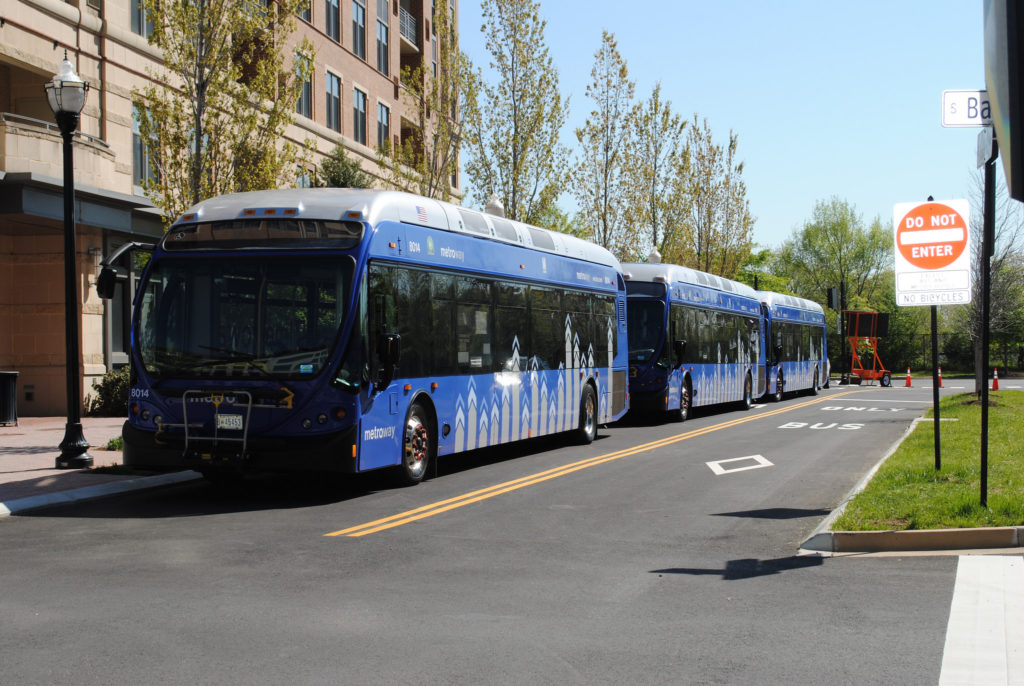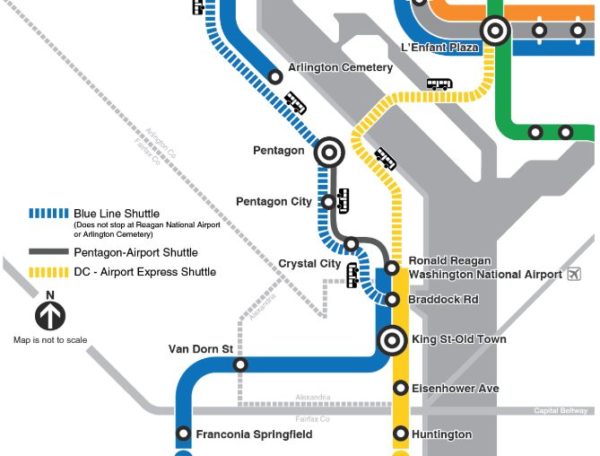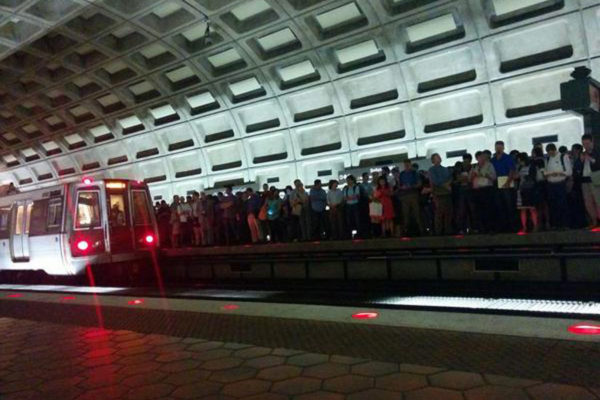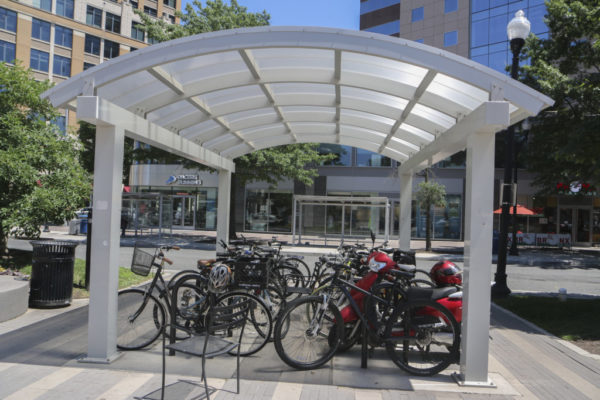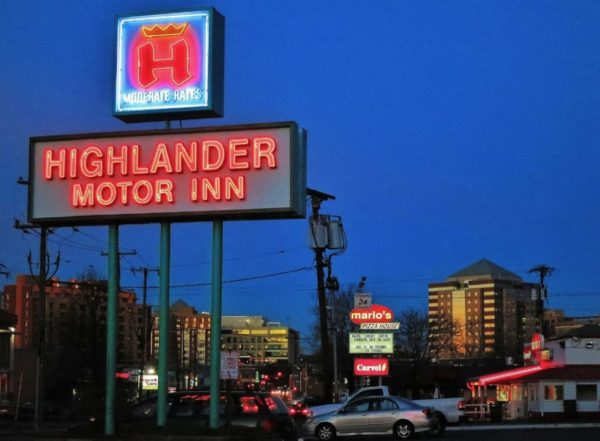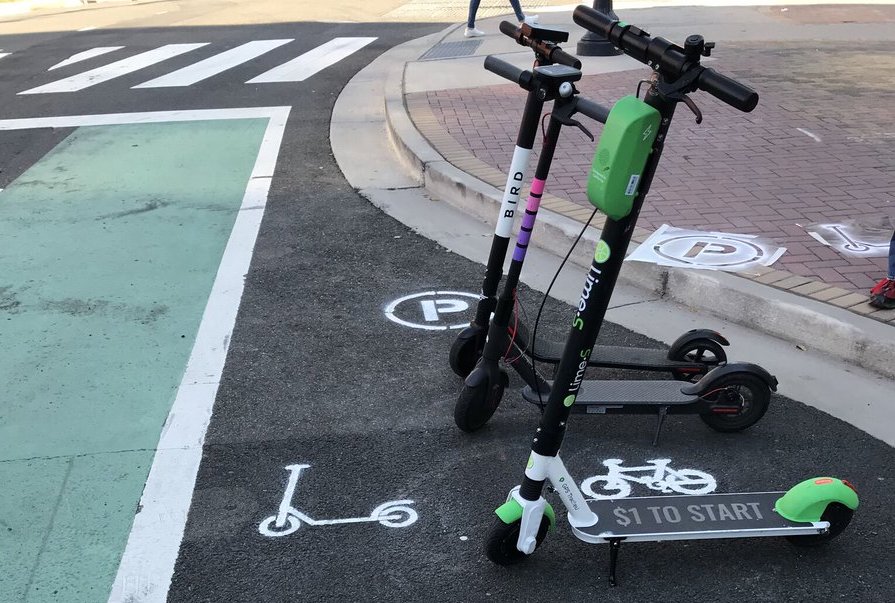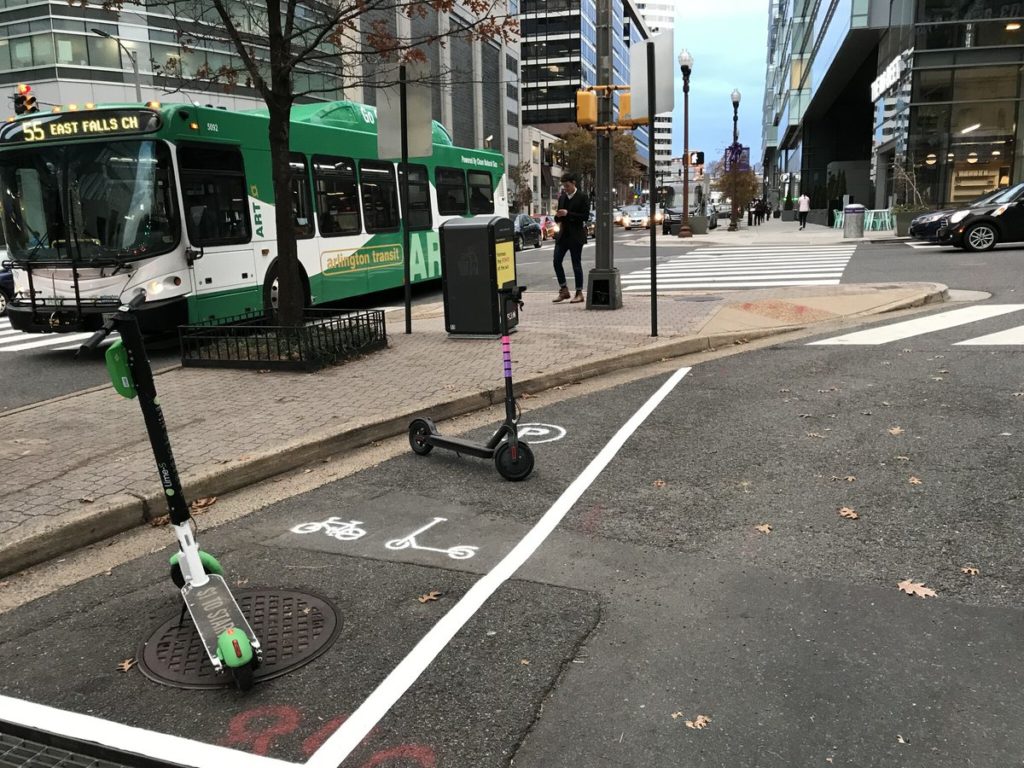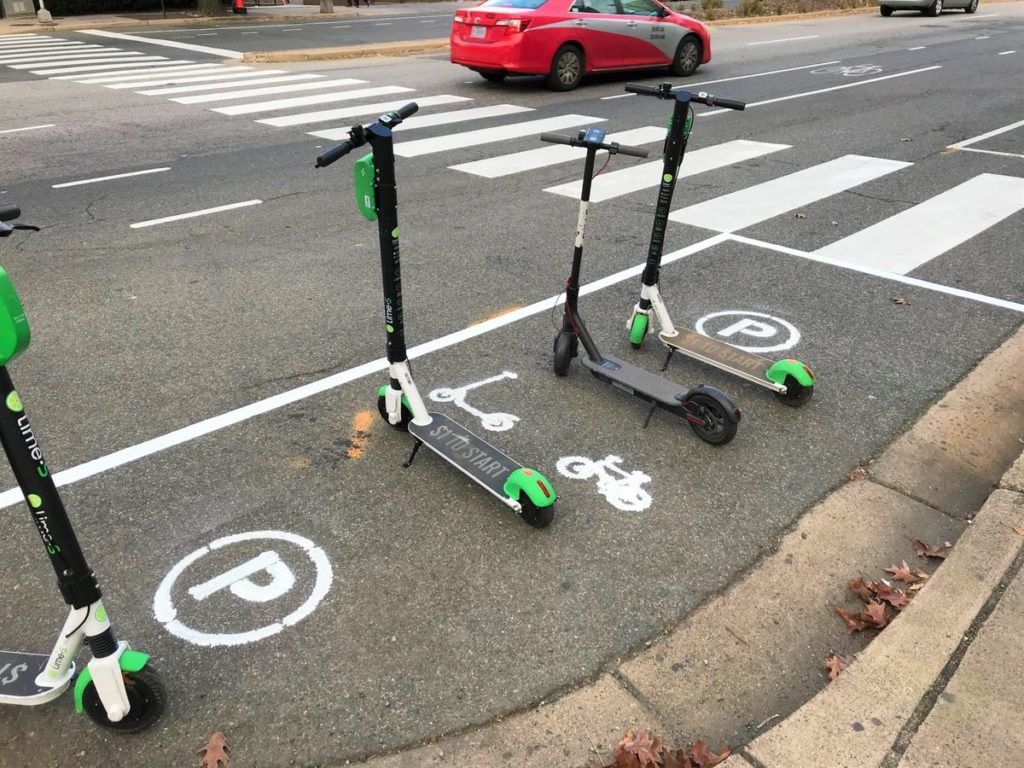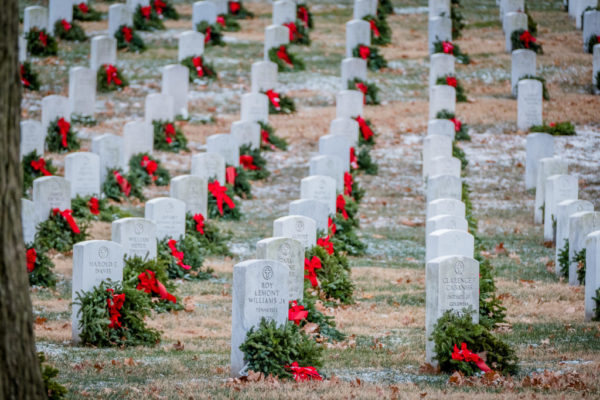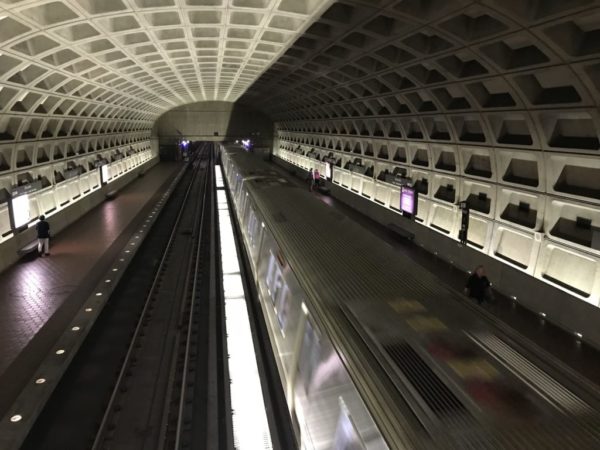
A pair of state lawmakers are pushing to revive a proposal to raise some Northern Virginia tax rates to fund Metro, a key priority of Arlington and other localities around the region feeling a budget squeeze.
A bill now backed by Del. Vivian Watts (D-39th District) and Del. Alfonso Lopez (D-49th District) would bump up taxes slightly on real estate transactions and hotel stays in the jurisdictions that benefit from Metro service. The legislation is broadly similar to Gov. Ralph Northam’s push to raise those rates last year, as lawmakers squabbled over the best way to find a dedicated funding stream for the troubled transit service.
That effort failed, even as state lawmakers did agree on a bill to send $154 million to WMATA annually, as part of a first-of-its-kind, three-way deal with Maryland and D.C. to send dedicated money to Metro each year. Republicans, led by Del. Tim Hugo (R-40th District), insisted on pulling cash away from other sources instead of raising taxes to pay for the deal.
Primarily, that change redirected funds from the Northern Virginia Transportation Authority, a regional body that hands out sales tax money to help localities fund major transportation projects. Arlington officials, in particular, were irked to see the group lose cash, as many were counting on the NVTA to help the county fund major transportation projects while Arlington’s own budget picture grew a bit grimmer.
One of the main projects the county was hoping to fund with NVTA money — a second entrance at the Crystal City Metro station — is now set to receive millions in state funds, thanks largely to its inclusion in the deal to bring Amazon to the area.
But Arlington officials have also had to push out plans to build new entrances at the Ballston and East Falls Church Metro stations, in part due to the NVTA’s money problems. The County Board included a request for just this change as part of its legislative wish list for the new General Assembly session, and local Democrats have broadly been receptive to renewing this fight in the months since Northam’s effort failed.
The governor himself previously told ARLnow that he’d seek to bring back the tax increases to restore money for the NVTA — his spokeswoman did not immediately respond to a request for comment on this piece of legislation.
Should it pass, the bill would send about $30 million back into the NVTA’s coffers each year, according to documents prepared for the Commonwealth Transportation Board. However, the NVTA has estimated its annual funding losses due to the Metro deal as closer to $100 million each year.
“We appreciate Del. Watts’ efforts to restore funding to the NVTA,” Executive Director Monica Backmon told ARLnow via email. “We have not conducted a detailed analysis of the bill at this time. However, we anticipate discussing this bill and others at the Feb.14 authority meeting.”
A NVTA spokeswoman added that Watts’ bill is the only one introduced this session to restore the group’s funding via the tax increases.
But with Republicans still holding narrow majorities in both the House of Delegates and the state Senate, the bill could well face an uphill battle.
Notably, House Speaker Kirk Cox (R-66th District) assigned the legislation to the House’s Rules Committee, a group of powerful lawmakers. While other committees are balanced to reflect the partisan makeup of the House, the Rules Committee is dominated by Republicans on an 11-6 margin, leading many Democrats to accuse Cox of sending bills to the committee to expedite their failures.
The group is also unique among House committees in that it can send bills directly to the floor for a vote, rather than casting a ballot on whether or not to advance the legislation. That allows Cox to force a vote from the full House on a bill, should he choose to do so.
The committee has yet to schedule a hearing on the bill, however.
File photo


